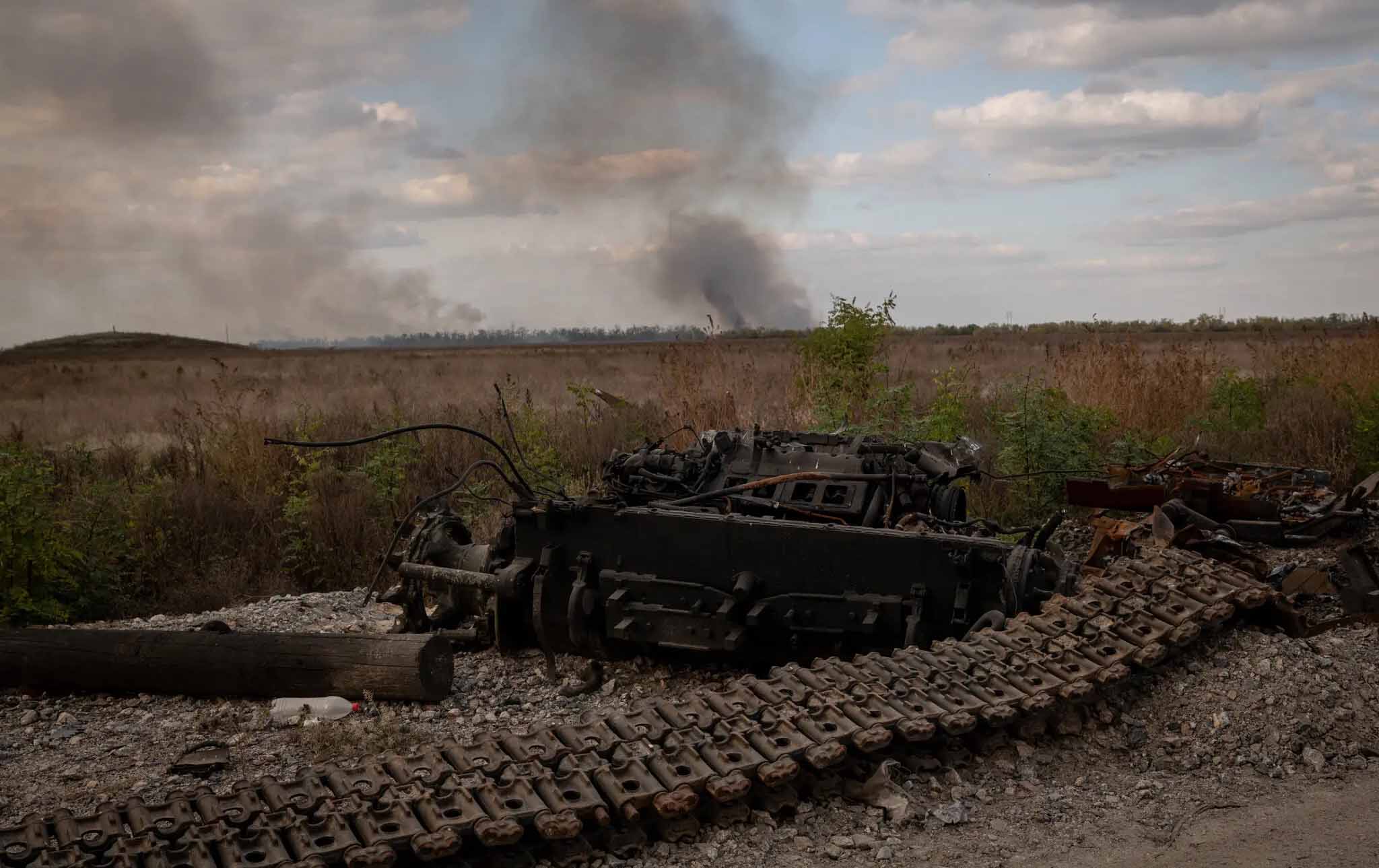The Russian military has lost 6,000 pieces of equipment since it invaded Ukraine in February and has been spending ammunition at a rate it cannot replace as Western sanctions have damaged Moscow’s defense industry, according to a government report. recently declassified American
The United States also began detecting that Russia was short of critical supplies for diesel engines, helicopter and aircraft engine parts and its armored tanks as early as May, according to the report. Moscow has also had trouble meeting its sales to foreign militaries.
Since the beginning of the war in Ukraine, the United States has focused its efforts on two fronts: providing Ukraine with significant military aid and hurting Russia economically through extensive sanctions and export controls.
Russia’s ability to build sophisticated precision weapons was already being affected by export controls, which limit Russia’s access to advanced technology. Western sanctions have also created a shortage of less complex technologies. For example, Russia is experiencing a shortage of bearings, which has undermined the production and repair of tanks, planes, submarines and other military systems, according to the US government report.
The United States has been looking at other so-called “bottleneck” technologies, such as ball bearings or fasteners, that may further hamper the production of military supplies, according to a senior official who spoke on condition of anonymity to discuss the report’s findings.
To overcome the sanctions, Russian intelligence services were ordered “to illicitly acquire Western technology and parts,” according to the report. Russia has also turned to countries like Iran and North Korea, which largely operate outside the international economic system and are also under Western sanctions, for supplies. The United States has since imposed sanctions on Iranian companies involved in manufacturing and transporting drones that were purchased by Russia for use in Ukraine.
After sanctions were placed on Russia when it annexed Crimea in 2014, Moscow honed its ability to evade export controls and international roadblocks, Treasury deputy secretary Wally Adeyemo told The New York Times. But the sanctions imposed after the Ukraine invasion are broader, leaving Russia with fewer options.
The Treasury Department brought together government representatives from Europe and Asia on Friday to discuss how to tighten export controls to further damage Russia’s arms industry. Morgan Muir, a senior intelligence official, presented the report at the meeting.
Leading the agenda for the international coalition to find ways to prevent Russia from making more munitions as Ukrainian forces concentrate their attacks on ammunition depots, the senior US official said.

